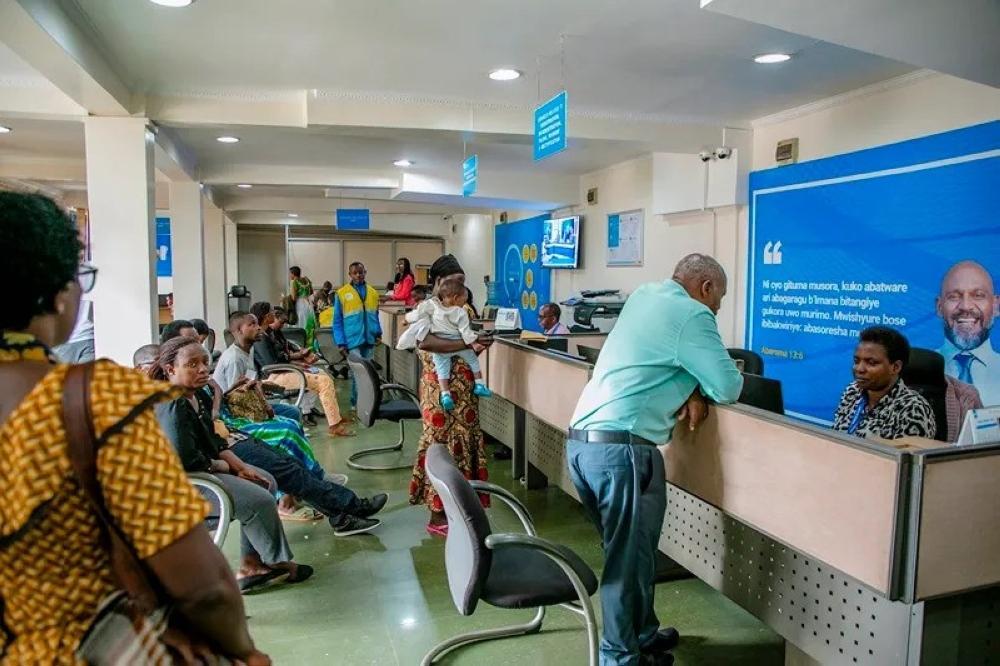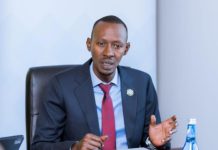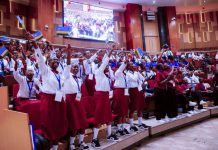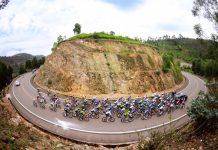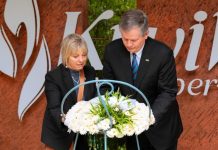Sanny Ntayombya
Africa-Press – Rwanda. Every July 1st, Rwanda celebrates its Independence Day. On that day in 1962, the Belgian flag was lowered, and the flag of the newly independent Republic of Rwanda—a tricolor of red, yellow, and green with a bold “R” in the middle—was raised.
However, while politicians like Kayibanda, Gatera, and Mbonyumutwa feasted and made merry, figures such as Guy Logiest, Belgium’s top colonial official, and André Perraudin, Archbishop of Kabgayi from 1959 to 1989, continued to pull the strings behind the scenes. What Rwanda gained in 1962 was independence in name only.
In reality, the country remained little more than a Belgo-French protectorate.
It has been 63 years since the Belgians handed executive power to local leaders, but the question remains: Are we truly free today? Are we an independent nation? For me, the answer is not yet. Why? Because we still cannot make decisions entirely on our own terms.
There’s a saying: “He who pays the piper calls the tune.” Since 1962, our so-called “development partners” have been the ones paying the piper. Through the billions of dollars in aid they have provided, they have significantly shaped our reality.
And yet, despite their financial assistance, poverty has not been eradicated. Worse still, some donors have used their economic leverage either to serve their own interests or simply to remind us who’s in charge.
They have never hidden their influence. In the early 2000s, it was development partners who refused to fund the Rwandan government’s proposal to build a five-star hotel to anchor the country’s emerging high-end tourism industry.
Thankfully, the government secured funding elsewhere and built what is now the Serena Hotel. That very hotel, originally named the Kigali Intercontinental, became the catalyst for a tourism industry that today generates nearly $700 million annually.
Let me be clear: I am not saying our donors did not play a crucial role in Rwanda’s post-1994 recovery. To deny their contribution would be dishonest. However, nearly 31 years after the genocide and civil war, Rwanda’s current needs are not beyond their financial means—they simply are not their priorities.
Here’s what I mean: They are willing to fund media workshops, provide basic medicines, build primary school classrooms, and improve access to clean drinking water in rural areas.
They will gladly support basic agricultural projects and malaria prevention efforts by distributing mosquito nets. In other words, they provide just enough to keep us alive.
But what they will not fund are projects that would fundamentally transform Rwanda. They will not finance the construction of the Kigali Arena. They will not invest in Bugesera Airport. And they certainly will not support Rwanda’s Formula 1 track or its proposed nuclear power generation project.
When it comes to life-changing initiatives—those that could propel Rwanda from developing to middle-income status—we are on our own. And I believe that’s a good thing. If you want something that truly benefits you, you cannot expect others to provide it for you.
A few months ago, I reviewed the latest iteration of the National Strategy for Transformation (NST 2). The document outlined a radically different Rwanda by 2029. My main question after reading it was: “How do we pay for this?”
The Cabinet resolutions of February 10th, followed by the Ministry of Finance’s note the next day, provided some answers. The funding for major infrastructure projects will come from our own pockets.
Will there be a price to pay? Absolutely. Beer and cigarettes will become more expensive. So will mobile phones and laptops. Hybrid cars will no longer be tax-exempt, and beauty products will cost more.
Gamblers and betting companies will have to surrender a larger share of their winnings, hotel stays will be pricier, and airtime costs will rise.
There’s no denying these increases will hurt. But what choice do we have? We can either stay as we are—accepting the status quo and remaining stagnant—or we can strive, struggle, and sacrifice to build something greater.
Source: The New Times
For More News And Analysis About Rwanda Follow Africa-Press

